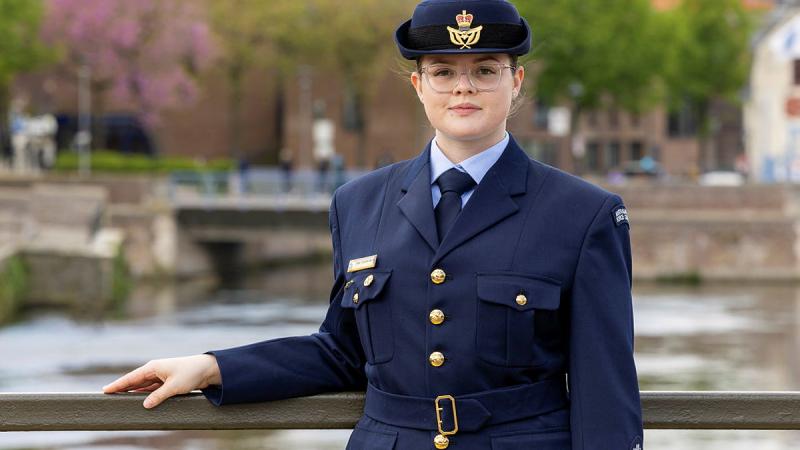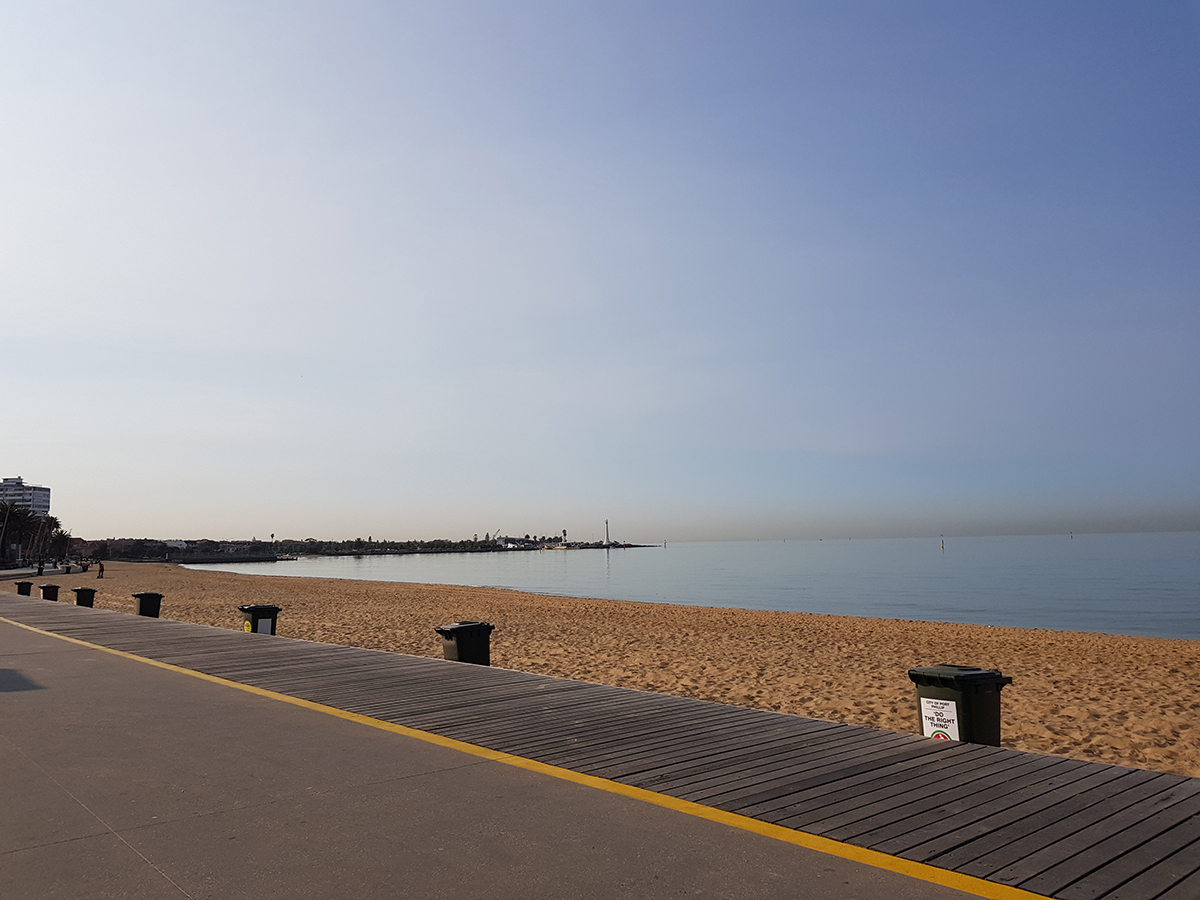The City of Sydney is calling for a greater focus on food waste and its emissions to mark the United Nation’s Food Waste Awareness Day.
Lord Mayor Clover Moore said that with food waste emissions making up around 4% of local greenhouse gases, changing the way we deal with it is essential.
“Food waste typically makes up more than a third of the rubbish we put in the red bin. It not only takes up valuable landfill space but releases methane gas as it decomposes,” the Lord Mayor said.
“That methane is responsible for around 4% of the greenhouse gases released in our area. With the City of Sydney committing to hit net zero by 2035, it’s important to recognise and change the way we deal with organic waste.
“We’ve committed to our net zero by 2035 as overwhelming climate research tells us we cannot afford to take our time reducing carbon emissions in Australia. Emissions need to plummet now and every scrap of carbon counts.”
The City of Sydney is running a food scraps collection and recycling trial, available to more than 14,000 households, as well as helping to educate and support businesses committed to reducing their organic waste.
With funding support from the NSW government, the opt-in food scraps recycling trial is available to around 10% of the city’s households and diverts more than 11 tonnes of food waste away from landfill each week
In total, more than 685 tonnes of food waste have been diverted from landfill. The food scraps are sent to a composting facility, where they’re converted to compost for use on farms and gardens.
The City of Sydney makes it easy to participate in the trial. Once the results are reviewed, Council will consider how the foods scraps collection service can be rolled out across the area in 2022.
In addition, the City of Sydney has been helping small businesses save money as well as reduce waste with the Love Food Sydney program.
The program advises businesses, from hotel chains to niche restaurants, on small changes they can make to substantially cut food waste, in some cases by up to 40%.
Prior to the Covid lockdown, the team at Surry Hills’ Butter restaurant implemented three key actions after participating in the program.
Those three changes helped Butter to drastically reduce waste, a change that saved both emissions and money.
The restaurant started to use a revised, concise menu, prepared food daily to avoid spoilage and made staff meals with food approaching its use by date.
“It’s easy to do nothing about your waste, but we all have to start making a change. We have a responsibility, a big voice, and the ability to make an impact. Plus, a waste of food is essentially a waste of money. We don’t want that,” Butter owners Julian and Manoli said.
The restaurant estimates the changes it made, including introducing an organics waste service, resulted in around 85% of its waste being diverted away from landfill, compared to 17% before.
In addition, Butter said it cut food costs by 10% and reduced waste collection costs by around 15% to 20%.
The United Nations Food Waste Awareness Day comes just a month ahead of 2021 United Nations Climate Change Conference, also known as COP26, which will be held in Glasgow.
Leaders from 196 countries will meet at the major climate conference, where they will be asked to set ambitious targets to help prevent further global warming.
“With Glasgow’s COP26 summit just over a month away, it’s important to highlight that just setting a target is not enough. We need to implement practical measures to reach it,” Lord Mayor Clover Moore said.
“The City of Sydney has long been a leader in tackling the climate crisis, programs like these will help us reach our target of hitting net zero by 2035.
“We cannot tackle the climate crisis alone, but we can lead and encourage others to do the same within their communities.
“We urge the federal government to listen to the community, expert advice and international climate scientists and set and reach the emissions targets necessary to tackle the climate crisis and commit to those targets in Glasgow.”
The food scraps recycling trial is partially funded by the Environmental Trust as part of the NSW Environment Protection Authority’s Waste Less, Recycle More program funded from the waste levy.
The NSW government recently mandated the provision of food and garden organics collection services by all NSW households by 2030.
The City welcomes this move and the provision of $356 million in funding across the state to help deliver priority programs and policy reforms under the NSW Waste and Sustainable Materials Strategy 2041.
The Love Sydney Food Program is a NSW Government initiative funded from the waste levy.
For more on the food waste trial go to city.sydney/foodscraps.








